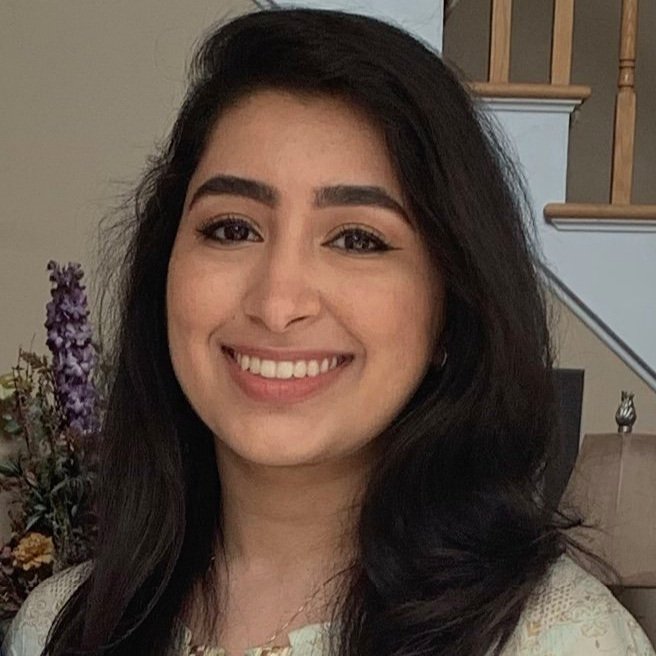Zahra H. Khan, MS is a freelance editor and lecturer in the Graduate Program in Narrative Medicine at Columbia University. We welcome her to our editorial board.
Whose right is it to suffer a wound? Who gets custody of pain? Poet Ceren Ege hints at these questions in her recent Crossroads reflection on William Doan’s multimedia piece “Inside Anxiety and Depression” (Intima, Fall 2020). To Ege, creating art can be a discomforting act when the lines between suffering blur. To what extent was she allowed to stake a claim to the suffering she experienced from her father’s illness—or did that pain only belong to him? In the Master of Science Program in Narrative Medicine at Columbia University, we often discuss what it means to co-create narratives by using Dr. Dori Laub’s psychoanalytic theory on witnessing. Dr. Laub explains that an observer of extreme human pain becomes a participant, in a way, to that trauma. In other words, by bearing witness, one might say that an observer of trauma co-constructs the narrative of that embodied experience. In this sense, we can read Ege’s poetry as a commentary on shared pain, a complex phenomenon that Mary Anne Moisan may shed light on.
In her Crossroads piece “Still We Dream: How We Face the Unpredictable World,” Moisan reflects on H. Reade Joo’s Field Notes essay “The Idea of Him” (Intima, Spring 2021), in which Joo ponders the complexities that make life unpredictable. Moisan references the dilemma of balancing ongoing contradictions between our perceptions and expectations, which lends itself to Ege’s piece about how it felt partially wrong—yet honest—to articulate a grief that was her father’s but also her own. Moisan suggests that these layers of human existence are part of the dynamics that make us the complicated creatures we are. We grapple with relationality and all the perplexities that come with recognizing our pain in another, or feeling someone else’s pain as deeply as if it were our own. Addressing the struggle of shared experience, Laub argues that a listener must not only be a witness to another but also a witness to oneself; one person triggers a witnessing encounter, and the other guards it. Only by recognizing these two roles as contingent realities can a testimony exist.
Ultimately, both Moisan and Ege offer us a mirror to hold up to ourselves. Reconciling the ineffable and the everyday is simply a part of life. In Ege’s words, “we may never get it right”—and that’s what makes us human.
Zahra H. Khan, MS is a freelance editor and lecturer in the Graduate Program in Narrative Medicine at Columbia University, where she also serves as co-chair of the University Seminar on Narrative, Health and Social Justice. Since 2015, Khan has taught with community-based education programs supporting adult learners and incarcerated youth in the New York/New Jersey area. Her writing, research and community engagement emerges at the intersection of abolition, healing justice, and liberation pedagogy, and is largely informed by grassroots, QTBIPOC organizing work. Khan's work has appeared in The Lancet, Literature and Medicine, Journal of Medical Ethics, and AMA Journal of Ethics.

